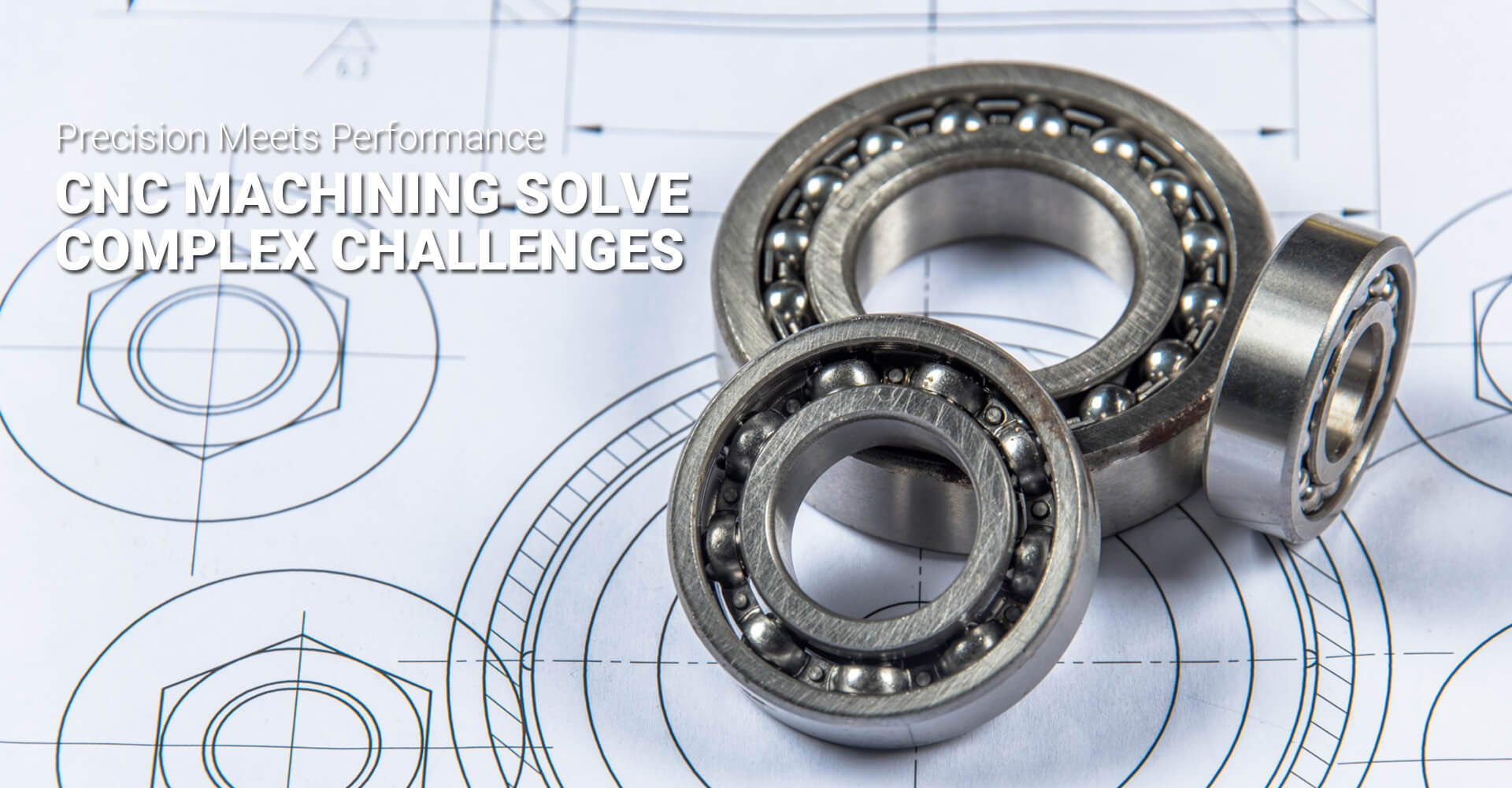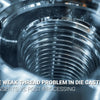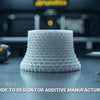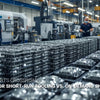Precision Meets Performance: Can CNC Machining Solve Complex Manufacturing Challenges?

Precision Meets Performance: Can CNC Machining Solve Complex Manufacturing Challenges?

In today's rapidly evolving industrial landscape, manufacturers constantly seek innovative solutions to complex production challenges. CNC machining emerges as a groundbreaking technology that revolutionizes how we approach manufacturing precision and efficiency.
Modern manufacturing demands solutions that can deliver intricate designs, superior quality, and cost-effectiveness. With the global CNC machines market valued at $66.4 billion in 2023 and projected to reach $162.16 billion by 2032, this technology isn't just a trend—it's a fundamental shift in production methodology.
As industries become more complex and competitive, traditional manufacturing methods are proving insufficient. Custom CNC machining represents a transformative approach that addresses these evolving challenges with unprecedented accuracy and flexibility.
Table of Contents
- Introduction to CNC Machining
- Benefits of Custom CNC Machined Parts
- Materials Used in CNC Machining
- Industries Utilizing Custom CNC Parts
- CNC Machining Process
- Cost Factors
- Industry Trends
- Common Applications
- Quality Control
- FAQ
What Makes Custom CNC Machined Parts Unique?
Custom CNC turning and milling services offer manufacturers unprecedented advantages in producing complex components. By utilizing computer-controlled precision machinery, these services enable the creation of parts with tolerances and intricacies that were previously impossible.
Key unique attributes include:
- Extreme precision down to micrometers
- Ability to work with diverse material types
- Rapid prototyping and production capabilities
- Minimal material waste
- Complex geometric designs achievable
Modern industrial machinery leverages CNC technology to push the boundaries of what's manufacturably possible, transforming how businesses approach component production.
Which Materials Define CNC Machining Excellence?
CNC machining supports an impressive range of materials, each offering distinct properties:
- Aluminum Alloys: Lightweight and highly machinable
- Stainless Steel: Offers superior strength and corrosion resistance
- Advanced Plastics: Provides versatility for various applications
Custom CNC milling services excel at working with these materials, ensuring each component meets precise specifications regardless of material complexity.
How Do Different Industries Leverage CNC Technology?
Industries adopting CNC machining span critical sectors:
- Aerospace: Precision components for aircraft systems
- Medical Devices: Surgical instruments requiring extreme accuracy
- Automotive: Complex engine and structural parts
- Electronics: Intricate internal components
What Drives the Cost of Custom CNC Parts?
Cost factors in CNC machining include:
- Material selection
- Design complexity
- Production volume
- Machine setup time
- Finishing requirements
While initial setup costs can be significant, economies of scale often reduce per-unit expenses for larger production runs.
Conclusion
CNC machining represents more than a manufacturing technique—it's a strategic approach to solving complex production challenges. By combining technological precision with material expertise, businesses can achieve unprecedented levels of quality and innovation.





